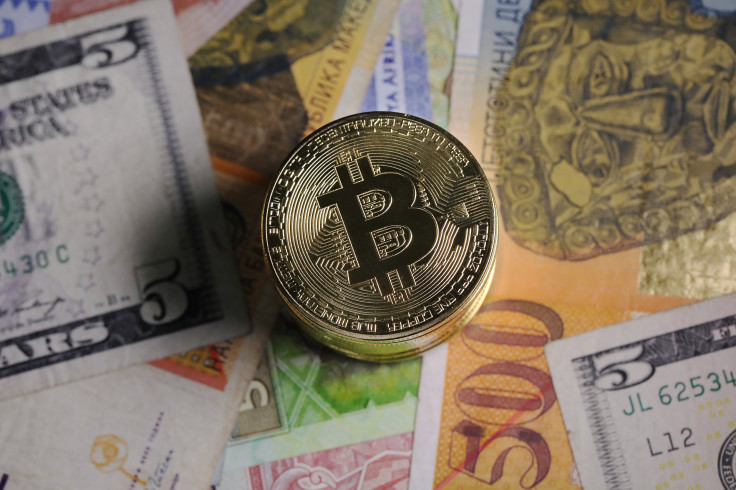Mastercard Seeks To Patent System To Make Cryptocurrency Transactions Faster

Global payment processing company Mastercard has applied for a new patent that could allow the company to build a system for fractional reserve management — a banking system in which only a fraction of bank deposits are backed by actual cash on hand and are available for withdrawal — of blockchain assets. The new system would enable transactions in both traditional and online assets while working as an electronic wallet.
Mastercard has already secured a few crypto-related patents this year and has a strong position in traditional finance. The patent application published Thursday can also increase transaction efficiency in blockchain, one of the main drawbacks of bitcoin when used as a payment system. Traditional payment processors handle, on average, around 2,000 transactions per second (tps) while a bitcoin network can do only 7 tps.
The application from Mastercard describes a new system that will monitor both cryptocurrency and fiat assets. The application highlighted that the existing payment systems are usually configured to conduct complex calculations, risk assessments, and fraud algorithm applications extremely fast, so as to ensure quick processing of fiat currency transactions and a similar system might help blockchain as well.
“There is a need to improve on the storage and processing of transactions that utilize blockchain currencies. Existing payment networks and payment processing systems that utilize fiat currency are specially designed and configured to safely store and protect consumer and merchant information and credentials and to transmit sensitive data between computing systems. Accordingly, the use of traditional payment networks and payment systems technologies in combination with blockchain currencies may provide consumers and merchants the benefits of the decentralized blockchain while still maintaining security of account information and provide a strong defense against fraud and theft," the patent application read.
Mastercard aims to integrate traditional and cryptocurrency technologies, and the system explained would probably include their existing products and payment networks.
“Transactions that may be performed via a payment network may include product or service purchases, credit purchases, debit transactions, fund transfers, account withdrawals, etc. Payment networks may be configured to perform transactions via cash-substitutes, which may include payment cards, letters of credit, checks, transaction accounts, etc.," the application further explained.
Fractional reserve management in banking is one of the issues that bitcoin was designed to solve. In general, crypto enthusiasts are not fans of debt-based currency. Bitcoin and most other cryptocurrencies are therefore referred to as "sound money."
Mastercard was granted a patent recently for a method to partition a blockchain, making it competent of storing multiple transaction types and formats. The patent — published Oct. 9 — explained that in the current blockchain system the transaction records are stored in the different blocks and it is “often required to be of the same format and include the same types, and sometimes even sizes, of data.”
The Mastercard patent proposed a “partitioned blockchain” that could resolve the problem, describing the details of how block-generation and transaction data storage would work in the prospective system.
© Copyright IBTimes 2025. All rights reserved.





















